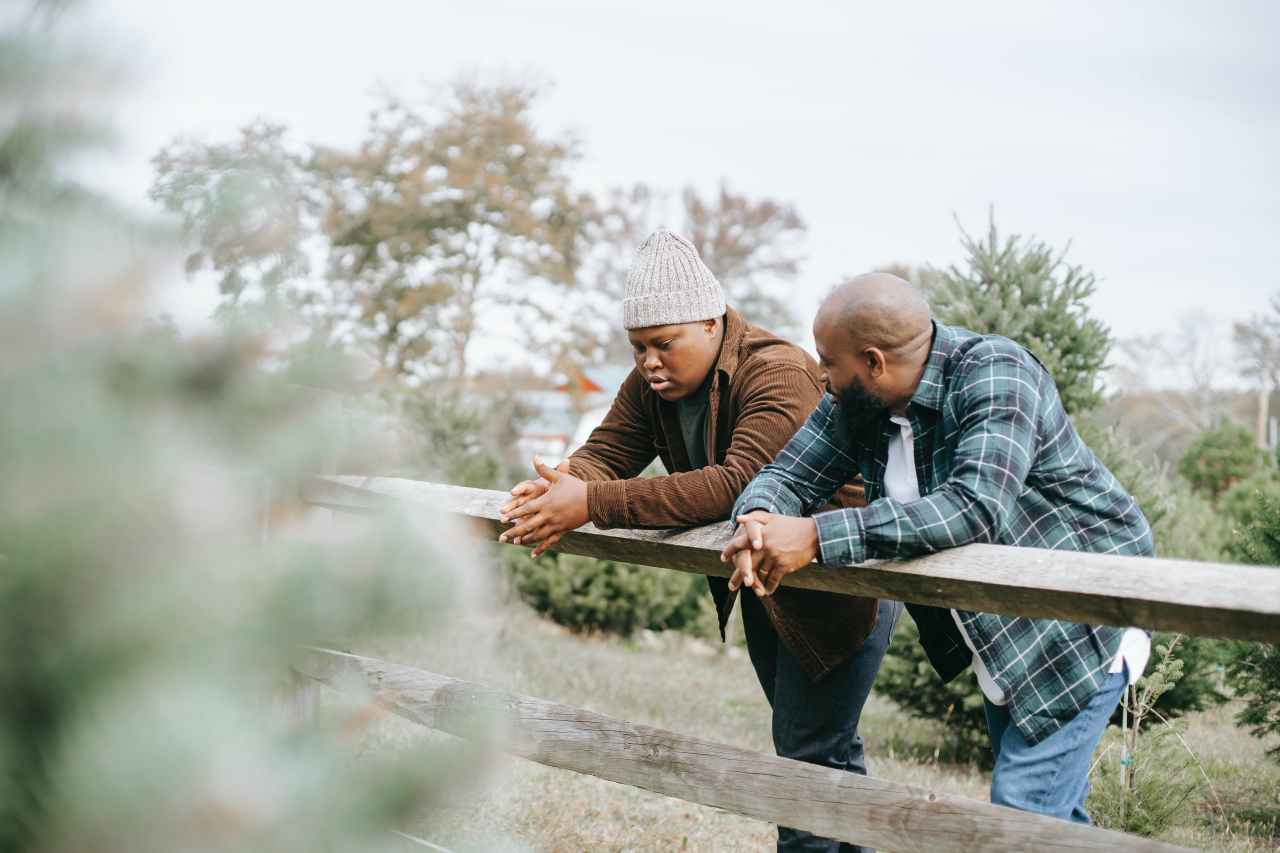
10 Things You Learn As The Parent Of A Drug Addict
Helping a young addict is an emotional life or death endeavor for a parent. Learning how to let go of the way we think it is supposed to be takes practice. A parent’s natural urge is to comfort, take care, handle and put out fires – now we just have to learn to do it in a different way. Someone once told me, as I was in tears over my son’s addiction, “You wouldn’t take his joy from him would you, Martha? Well, you can’t take his pain from him either.” Here are ten things I’ve learned along the way that I’d like to share with you.
1. Life is short. Love your son or daughter no matter what. Remember that alcoholism and drug addiction is not a choice, it’s a disease and addicts are powerless. Drill this into your head; it’s a hard concept to accept. However, even though they are powerless, there are systems that can be put into place so that they “hit bottom” and are in a position where they’re forced to ask for help. That’s what we’re aiming for here. That’s the goal.
2. Get support for yourself, addiction is known as the family disease. Groups like Al Anon or support groups at synagogue, church or a local hospital are great places to focus on keeping yourself as healthy as possible during a tumultuous time. They also help with suggestions on what types of reactions make things worse and which responses make things better.
3. Think with your head and not your heart. I repeat, think with your head and not with your heart. This is the ultimate paradigm shift for a parent. Now is the time for the big guns, loving without attachment plus rock solid boundaries.
4. If their lips are moving, they’re probably lying. Really! I never wanted to believe my sweet boy would lie, but lie he did, over and over and over. I now operate on the principle that whatever he says he’s doing or not doing – I multiply it times 10!
5. Know your adversary. Learn about the signs and symptoms of drug use. Try to discover what drugs your son or daughter is taking. Different drugs have different effects and some can be infinitely more dangerous than others. Learn what paraphernalia to look for: burnt glass pipes, burnt tin foil, prescription pill bottles, syringes, razor blades, rubber balloons, pipes, etc. Educate yourself on the dangers of treatment drugs like Suboxone – trading one addiction for another.
6. At the bottom of all addiction is pain. Sure, you may have the most loving household in the world, but no one can control all the factors outside the home. Talk to your child, without appearing to pry. See if you can discover the underlying trauma. Maybe there is bullying, abuse, witnessing a tragedy, heartbreak or the loss of a friendship. There are plenty of people with a predisposition for addiction that will never have a problem. There are plenty of people with no history of addiction who do.
7. Social media is not your friend. About 45% of teens have seen photos on social networks of peers who were drunk, passed out, or abusing drugs and 75% said that seeing pictures on social media sites of kids partying encourages other teens to do the same. It is shocking how many drug deals are made via social media, especially during school. Monitor this digital peer pressure to the full extent that you are able and cancel the cell phone if it’s become a serious problem.
8. Responses such as “Oh, I see,” or, “Is that so?” and “Let me think about that and I’ll get back to you,” will be your best friends. When young substance abusers attempt to manipulate us – and they will – these phrases diffuse any potential enabling on a parents part, forcing the child to look at whatever it is that they just tried to make the parent feel responsible for. Caution: this can make them angry, so be prepared to implement #9!
9. A 3-minute cap is best when things get heated. Nothing good comes out of any argument that goes on and on and on, am I right? Letting your child know ahead of time that they have 3 minutes is kind yet firm. When their time is up say, “I love you,” and walk away.
10. Know all your options and make a plan you will stick to. From hiring a family systems specialist who can live in your home for 4 days and assess the situation, to intervention, a wilderness treatment program, behavioral boarding school, or living in a recovery community – there are different avenues for different situations and pocketbooks. Research, ask friends for referrals and take action.
There is strength in being able to acknowledge the elephant in the room. No one ever recovered by keeping secrets. Talk with other parents who are going through the same thing. Let people help, it’s what we’re all here for. Good luck! ![]()











